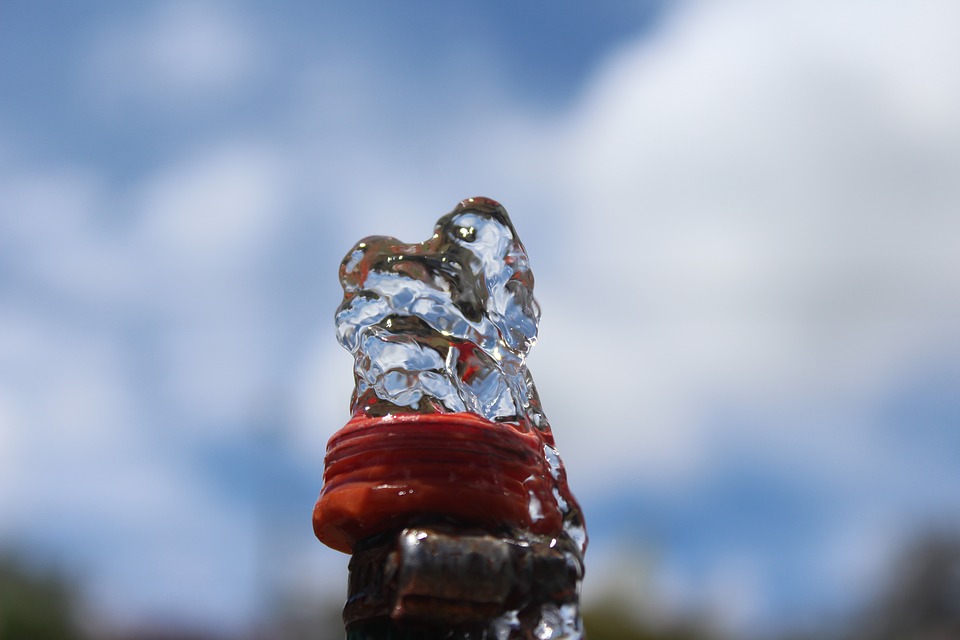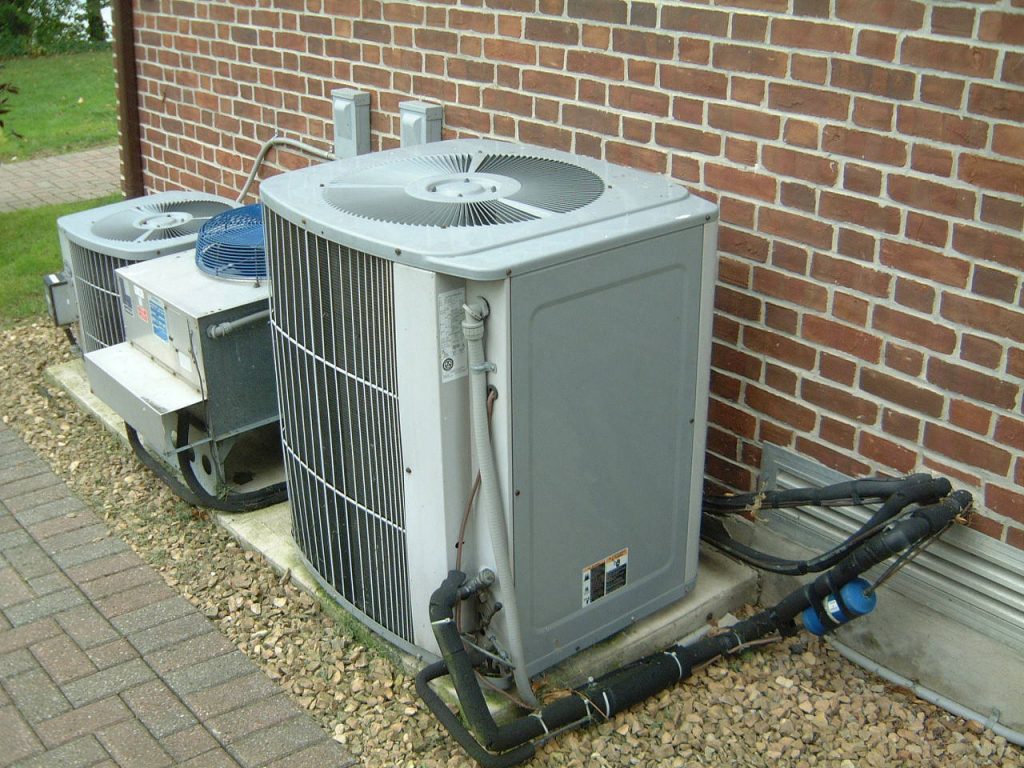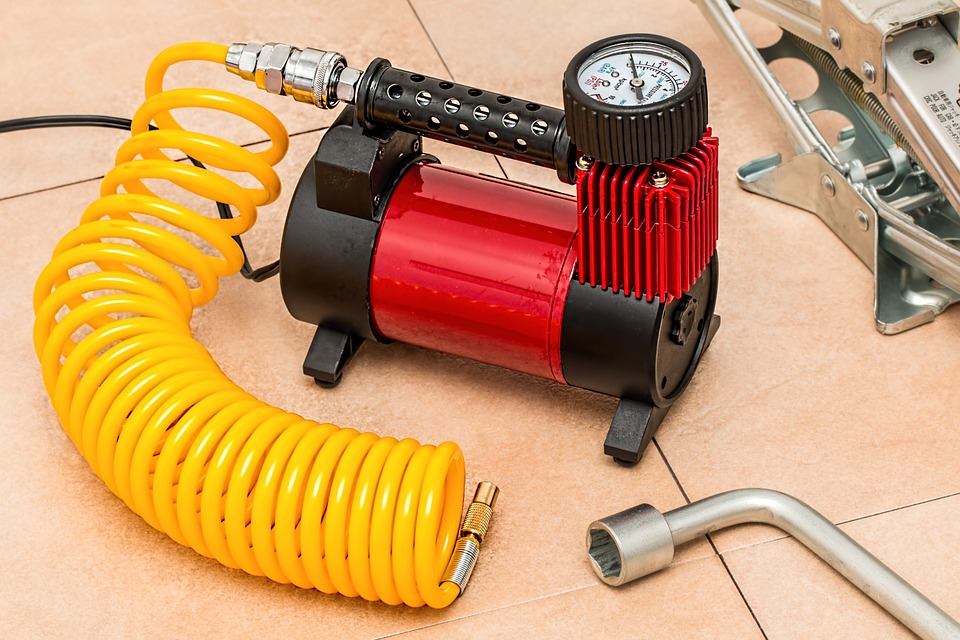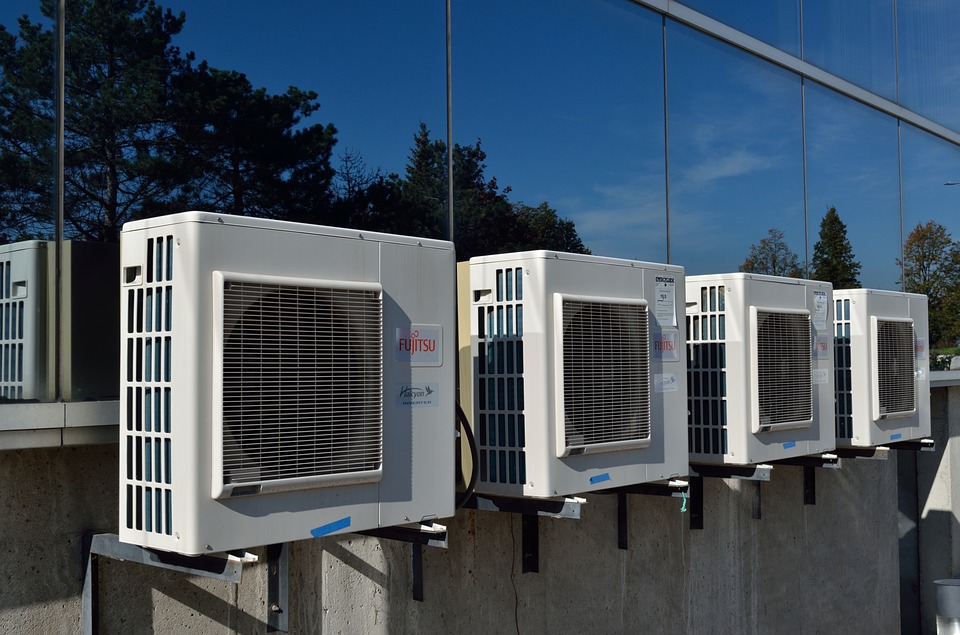Did you know that over 90% of households in the United States have an air conditioning system?
We cannot deny the fact that air-con has become an everyday necessity nowadays. However, many homeowners unfortunately face certain issues with their AC each year. In this article, we will analyse some of these common problems!
Water Leaks

Why is water leaking from your air conditioner?
There are many factors that can lead to water leaks inside and outside your home:
-
Dirty Filters
One of the major causes of water leaks in air conditioners is clogged air filters. When the air filter of your AC has accumulated a lot of dirt and is blocked, it will not function properly and will not be able to supply air flow to the evaporator coils. As a result, the coils will become too cold and will freeze, which will cause extra water to flow from the drainage pan.
-
Blocked Drainpipes
Did you know that your air con does remove not only heat but also humidity?
When an AC sucks moisture from the air, it condenses on the cold coil to become liquid water. And normally, that water is collected in the drip pan where it is supposed to flow into a drainpipe. However, the drainpipe can become clogged with dirt and dust, causing a water leakage.
-
Faulty Drain Pan
From middle school, we learned that rusting is a process where iron is affected by two things, water and air. And as the drain pans in air conditioners are made from iron, they can easily rust and the air conditioner is likely to leak due to rusted pans.
-
Cold Outdoor Temperatures
Suppose that you are cooling your home when the outside temperature is very cool, for example, below 60 degrees Fahrenheit. What will happen? Obviously, the coils will freeze, which can lead to a water leakage.
Below you will find some tips to identify whether your air conditioning unit is leaking or not:
-
Water Dripping from AC
-
A musty smell in the house
-
Water spots near the unit or on the floor
Refrigerant Leaks

The refrigerant of an air con is a substance (usually a fluid) used for cooling the air. It is that mechanism that removes heat and provides cooling air for your home and one of the widely used cooling agents used in air conditioning systems is called Freon. Leaks in the refrigerant lines reduce your air conditioner’s efficiency.
There are various ways through which you can detect a refrigerant leak:
-
Along with refrigerant leaks, there can also be oil leaks. So, wearing gloves, you can start to check for any oil leakage around the AC components.
-
Use soap bubble detection. Mix some soap with warm water and put it in the refrigerant system. If there are bubble air coming out, it means that there are leaks in your system.
-
Using an electronic leak detector is an excellent method to detect refrigerant leaks, but the device itself can be very costly.
Compressors

Compressors are known to be the hearts of air conditioning systems as they represent the driving force of refrigerants that remove the heat from the air inside your space and release it outside. They help in keeping a house fresh and cool. However, if your compressor breaks down, it will most likely affect the whole system.
These are some symptoms of an AC compressor failure:
-
Even though the indoor unit seems to be working correctly, you are not getting any cool air from the AC. While checking the condensing unit, you will find that the compressor is not even running
-
Even if your compressor is functioning, you are getting only warm air.
-
Another symptom of compressor failure is when the condensing unit keeps causing the circuit breaker to trip.
-
Your compressor is on the verge of failure when the condensing unit starts to shake and vibrate every time it starts.
-
Moreover, the compressor may have broken down when you can hear a loud noise coming from the condensing unit.
Now, let us take a look at the possible causes of compressor failures:
-
Dirty Coils: When dust, dirt and other debris are accumulated on the condenser coils, the removal of hot air will be hindered. The air conditioner system will be forced to run and cool the space. Finally, the increased pressure and temperature will lead to the breakdown of the compressor.
-
Damaged Suction Lines: Over time, an air conditioning system will develop cracks in its refrigerant lines. The refrigerant will not be able to function properly. Once again, the increased pressure will lead to the failure of the compressor.
-
Electrical Problems can result in the build-up of acids in your air conditioning system which can cause much damage to the other components of the unit and lead to an electrical burnout.
Are you familiar with these air conditioning issues? If yes, have we been able to enlighten you on how these problems can be caused? Please share your comments!

